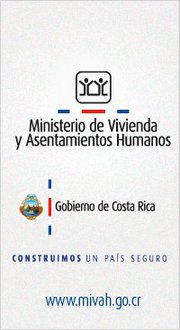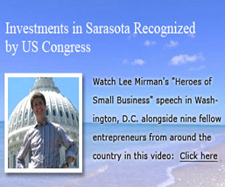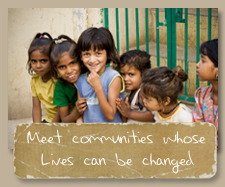Global Social Housing is delighted to have Peace Corps Director, Steven Dorsey, on board. The involvement of the Peace Corps means, upon its inception, this project will not only provide homes and infrastructure, but the skills, training and resources necessary to create self-progressing communities.
The initial project in Costa Rica, uses a $2 m donation to fund a community. Projects of this nature combine perfectly with the Costa Rican government’s goal to eradicate poverty in the next two decades. The national bank is committed to guaranteeing projects of this nature and has a 23-year track record in guaranteeing donations made for social housing projects.
GSH: Mr. Dorsey, thank you so much for finding the time to talk to us about social housing in Costa Rica. Housing is the biggest issue facing the world this century according to the UN, could you describe some of the real, grass-roots level changes that social housing projects achieve in your experience?
SD : Social housing opens new opportunities for disadvantaged and underserved populations. It gives them the opportunity to become home/property owners, as most are disenfranchised. It can also help them feel more part of a community that is organized (depending on how that organization is carried out). It strengthens the self-esteem of individuals and families. It provides stability and security for children in their education and health.
GSH: In your opinion, why is Costa Rica an ideal choice for social housing investment?
SD: While, for many, Costa Rica may seem a tourist paradise that is relatively developed, compared to other Central American countries, there are many areas in the country where that development has yet to reach. There are many, both in urban centers and rural areas, who live in inadequate, unsafe housing. Providing social housing to these communities will help to lower the growing disparity between the wealthy and underserved.
GSH: How can the Peace Corps get involved in communities at the grass roots level and what impact would you expect this involvement to have on a social housing community’s development?
SD: All Peace Corps Volunteers live and work in underserved communities at the grassroots level. This is the essence of their assignment and their first goal – provide trained human resource to underserved communities. Most Volunteers work on community organization, economic strengthening, and supporting at-risk children, youth and families. PCVs can help communities get organized and take charge of their own development.
GSH: Is there anything else you would like to say about social housing in general, or our project specifically?
SD: Building houses does not build a community organically. It takes concentrated effort and skills execute community organization and development, and that’s where we come in.








